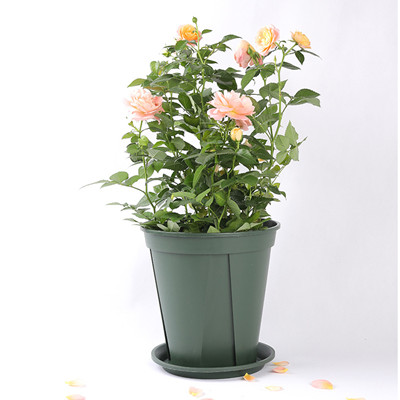As gardening enthusiasts increasingly embrace sustainability, adopting eco-friendly practices in nursery pot management becomes a crucial aspect of responsible gardening. These practices not only minimize environmental impact but also contribute to the overall health of plants and ecosystems.
- Reuse and Recycle: Reusing nursery pots for new plants is an effective way to extend their lifespan. When pots are no longer viable, seek out recycling programs provided by local garden centers, nurseries, or recycling facilities.
- Biodegradable Pots: Consider using biodegradable nursery pots made from organic materials like coconut coir, rice husks, or peat. These pots naturally decompose over time, reducing plastic waste and avoiding transplant shock.
- Upcycling: Tap into your creativity by upcycling nursery pots into various gardening projects. From creating seedling starters to crafting decorative garden markers, repurposing pots minimizes waste and adds a personal touch to your garden.
- Closed-Loop Systems: Some garden centers and nurseries are adopting closed-loop systems, where they collect used pots and recycle them to create new ones. Supporting such initiatives contributes to a circular economy and reduces the need for new plastic production.
- Responsible Disposal: If recycling or upcycling options are unavailable, ensure proper disposal of nursery pots according to local regulations. This prevents them from entering landfills or natural habitats where they can pose environmental risks.
- Choose Sustainable Nurseries: When purchasing plants, opt for nurseries that promote sustainable practices. Some nurseries use biodegradable pots or offer take-back programs to reduce waste.
- Community Sharing: Consider participating in community plant swaps or sharing events. This not only allows you to share your excess nursery pots with fellow gardeners but also fosters a sense of community and sustainability.
Incorporating these sustainable practices into your nursery pot management not only aligns with environmentally responsible gardening but also sets an example for others to follow.







